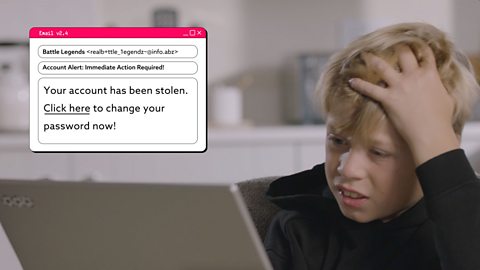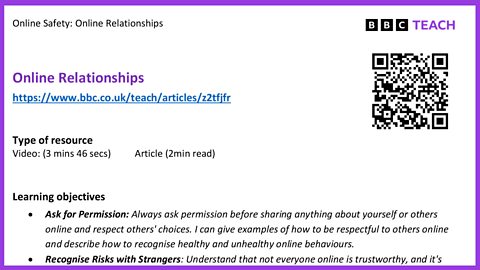Online relationships are the connections we make with people on the internet. These can be with friends from school, family members, or even new people you meet. Messaging, video calls, gaming—the list of ways we can connect is growing all the time, but it's always important to think about who you are interacting with.
There are loads of ways to keep in touch with those you know, which is especially helpful if you live far away from each other. Talking, playing, sharing—good times. But there are loads of people online you don't know, so we should always be careful with who we trust and what we say and share.
Imagine being in a café full of people. Some might be friends or family members, but others might be people you don't know. What would be your favourite food to have? Oh, it might taste so good that you want your friends or family to try some. One of your friends might even ask to have a little bit of it, and it's up to you to decide whether you want to share it with them or not. But if a stranger came up to your table and asked you for something from your plate, you'd think that was a bit weird. Or if they offered you something from their plate, you'd think that was strange too. In the same way, you wouldn't be a very good friend if you took something from one of your friend's plates and gave it to someone else without asking first.
It's up to you what you share of the things that are yours. And there's a difference between sharing things with people you know and people you don't know. Also, it's not fair to share something with others that isn't yours unless you've got their permission.
Whoa. Sam4053 is really good at this game. I'll add him as a friend. Love the way you play. Great character. Did you see what Ninja348 did in the last game? They were rubbish. Ninja348? I think I know them. They're new. It's not their fault they didn't have a good game. They tried their best. They'll be awesome when they learn my special moves.
Send me your picture and your phone number so we can chat more… My picture, and my phone number? Who is Sam? Samuel, Sammy, or Samantha? Who? I'll just check with mum. I'm not going to share my phone number or picture on here but I'm happy to share how I do my special moves. No worries. Let's win this level. You're on.
So, when it comes to online relationships, remember always ask an adult if an online friend asks you to share anything personal about yourself or others. Understand that not everyone online is trustworthy, and it's important to be careful about who you share information with. Be kind and considerate in online interactions. Support friends who may be having difficulties and know when and how to ask for help. You've got this. Now where did that sandwich go?
Video summary
- Emma-Louise Amanshia introduces the topic of online relationships, explaining the different types of relationships we might have online, and some of the risks involved when talking to people online we don’t know.
- The video uses the analogy of eating in a café to further illustrate why we shouldn’t share things with people online we don’t know.
- A short drama shows a young person playing an online game with people they don’t know, and being asked for personal information, like their real name and phone number.
- Emma-Louise offers final top tips and advice.
Video: 3min 46sec
Learning objectives
- Ask for Permission: Always ask permission before sharing anything about yourself or others online and respect others' choices. I can give examples of how to be respectful to others online and describe how to recognise healthy and unhealthy online behaviours.
- Recognise Risks with Strangers: Understand that not everyone online is trustworthy, and it's important we don’t share information with people who we don’t know online.
- Support and Respect Others: If used in the right way, technology can help build strong and positive relationships. Be kind and considerate in online interactions, support friends who may be having difficulties, and know when and how to ask for help.
Glossary
- Relationship: the connections we make with other people.
- Interact: what we say and/or send to other people, how we talk to each other, how we communicate, etc.
- Sharing: what details about ourselves we might tell someone else, or decide not to tell someone.
- Stranger: someone we don’t know.
- Permission: when someone says something is okay to do.
Topic introductions and starters
Before the video:
- What different types of relationships do you have? (e.g. friends, family, teachers, etc.)
- Who might you talk to online?
- What is the difference between someone you know online and offline, and someone you only know online?
- How might you interact differently with someone you only know online?
After the video:
- What kind message did Sam4053 send the character in the film?
- What was not nice about the second message that Sam4053 sent?
- How did the character respond to Sam4053’s unkind message? Why was this the right thing to do?
- What personal information did Sam4053 ask for?
- What did the character do when Sam4053 asked for this personal information?
- Why didn’t the character send this personal information to Sam4053?
Activities
- Write a list of steps you can take if your receive a message from someone who you only know online asking for your personal information.
- Create a mind map that shows: what you can share with someone who you only know online; what you can share with a friend who you know online and offline; what you can share with a family member; and what you should keep entirely to yourself.
- Create a top tips poster, advising other young people about online relationships.
More from: Online safety
How to manage your online self-image and identity video
Introduces the topic of self image and identity online, giving examples of how someone might express themselves.
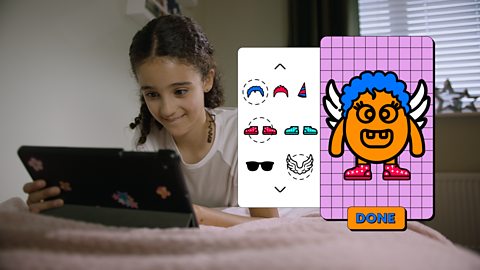
What is online reputation? video
Explains how the things we do online create a digital footprint, and the possible positives and negatives involved when leaving this footprint.
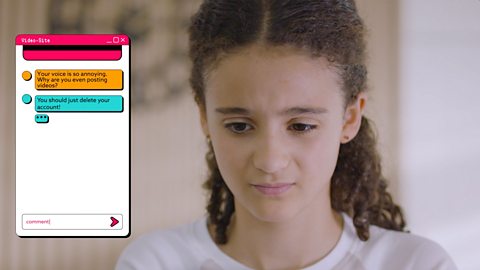
What is online bullying? video
Introduces the topic of online bullying and what this could look like, as well as giving some ideas of what to do if you encounter it.
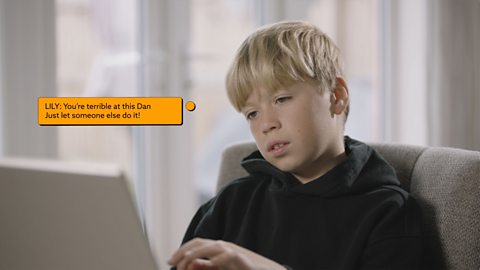
How to find reliable information online. video
An introduction to the topic of managing online information – discussing the positives and negatives.
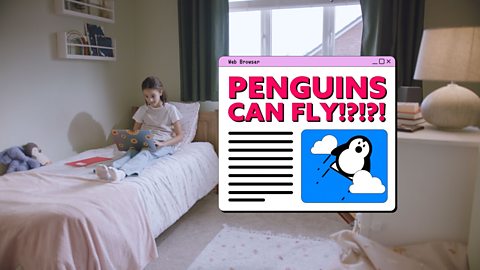
How to balance your screen time – health and wellbeing online. video
Explains that going online can have positive and negative impacts, so we need to balance our time online and offline.
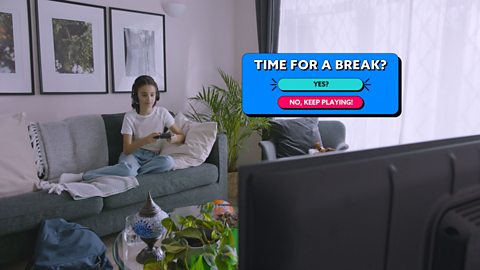
How to keep your information safe online video
Introduces the topic of privacy and security, explaining that personal information shouldn’t be shared online and that passwords should be strong.
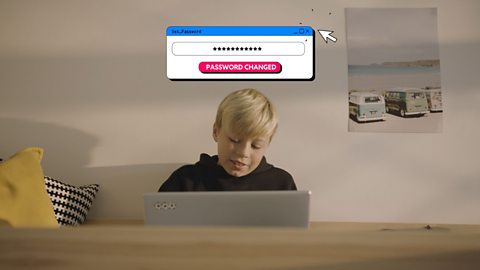
What is copyright and ownership? document
Introduces the topic of 'copyright and ownership', explaining that the creative content that people post online belongs to them.
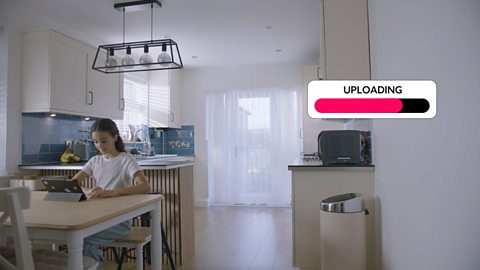
Scams: Safer Internet Day resources for 7-11-year-olds. video
Introduces the topic of scams, explaining that people online sometimes try to trick us into giving them personal information or money.
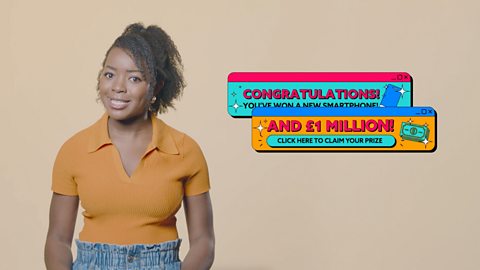
Phishing: Safer Internet Day resources for 7-11-year-olds. video
Introduces the topic of phishing, explaining that it is when someone tries to trick you into giving out your personal details online, like passwords or bank information.
